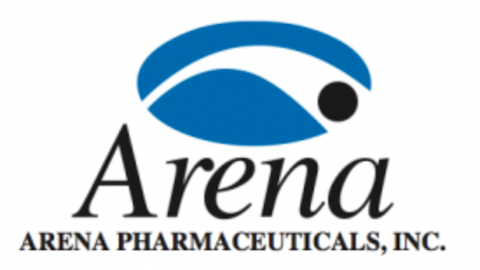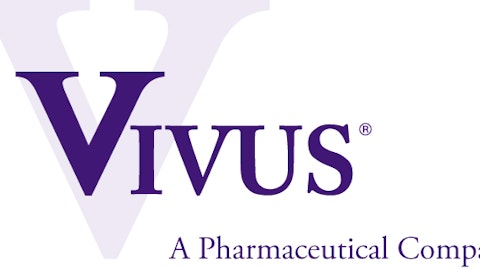Regardless of FDA approval, safety issues have been a great concern with regulators and medical practitioners when it comes to obesity drugs. It is no wonder then that it took USFDA thirteen long years to approve another obesity drug after Xenical, Belviq of Arena Pharmaceuticals, Inc. (NASDAQ:ARNA) and Qysmia of VIVUS, Inc. (NASDAQ:VVUS), despite obesity being a priority with researchers.


Both Qsymia and Belviq seem to have run into troubles of different sorts.
Qsymia had issues with REMS (Risk Evaluation and Mitigation Strategy), pricing and insurance and the way it was marketed. Belviq, on the other hand was supposedly much safer, although with slower efficacy and Arena Pharmaceuticals was expected not to repeat mistakes committed by Vivus while marketing Qsymia.
The major issue with Belviq however was approval by the European agency for the evaluation of medicinal products, European Medicines Agency (EMA).
EMA has still not approved Belviq (active ingredient: lorcaserin). Although, it was expected that EMA will take its own time to approve Belviq, there has been an inordinate delay and still no signs of approval. Belviq was expected to be launched in the US market early this year after the DEA completed its scheduling. It now appears that even DEA had problems with Belviq (see below).
What is it with the EMA?
Even at the time of approaching EMA (March 2012), there were fears that the agency would have problems with approval as it is not known to follow USFDA. Those fears seem to have come true.
Lorcaserin was once rejected by FDA nearly two years ago because it had reasons to believe that it caused “mammary neoplasms (to) occur near clinical exposure and the tumorigenic MOA remains unresolved.” This ground for rejection was resolved by the FDA this time after independent pathologists came to the conclusion that the drug was not likely to cause tumors in humans as its carcinogenicity was species specific.
Belviq is considered to be safe by the FDA and did not require any REMS, which is a strategy that the regulator mandates so that the benefits of a drug outweigh the known and/or potential serious risks associated with it. It was expected that CHMP (Committee for Medicinal Products for Human Use), the committee responsible for elaborating EMA’s opinions on human use of medicinal products, would come up with a favorable recommendation and the agency will approve Belviq a few months after that. That has not happened and it is almost a year since Arena applied for approval.
EMA’s advisory committee is seeking more information and risk/benefit analysis on Belviq. Besides more information on detection of tumors in rats, the agency also wants to know more about other clinical and non-clinical issues identified during the present and previous studies of lorcaserin.
CHMP has sent Arena a 180-day list of questions relating to various issues including those relating to heart valve and psychiatric side effects and some of them are pretty difficult. The current 180-day list follows the earlier 120-day list that comprised some of the same concerns, which indicates that the European regulators were not fully satisfied by Arena’s responses.




